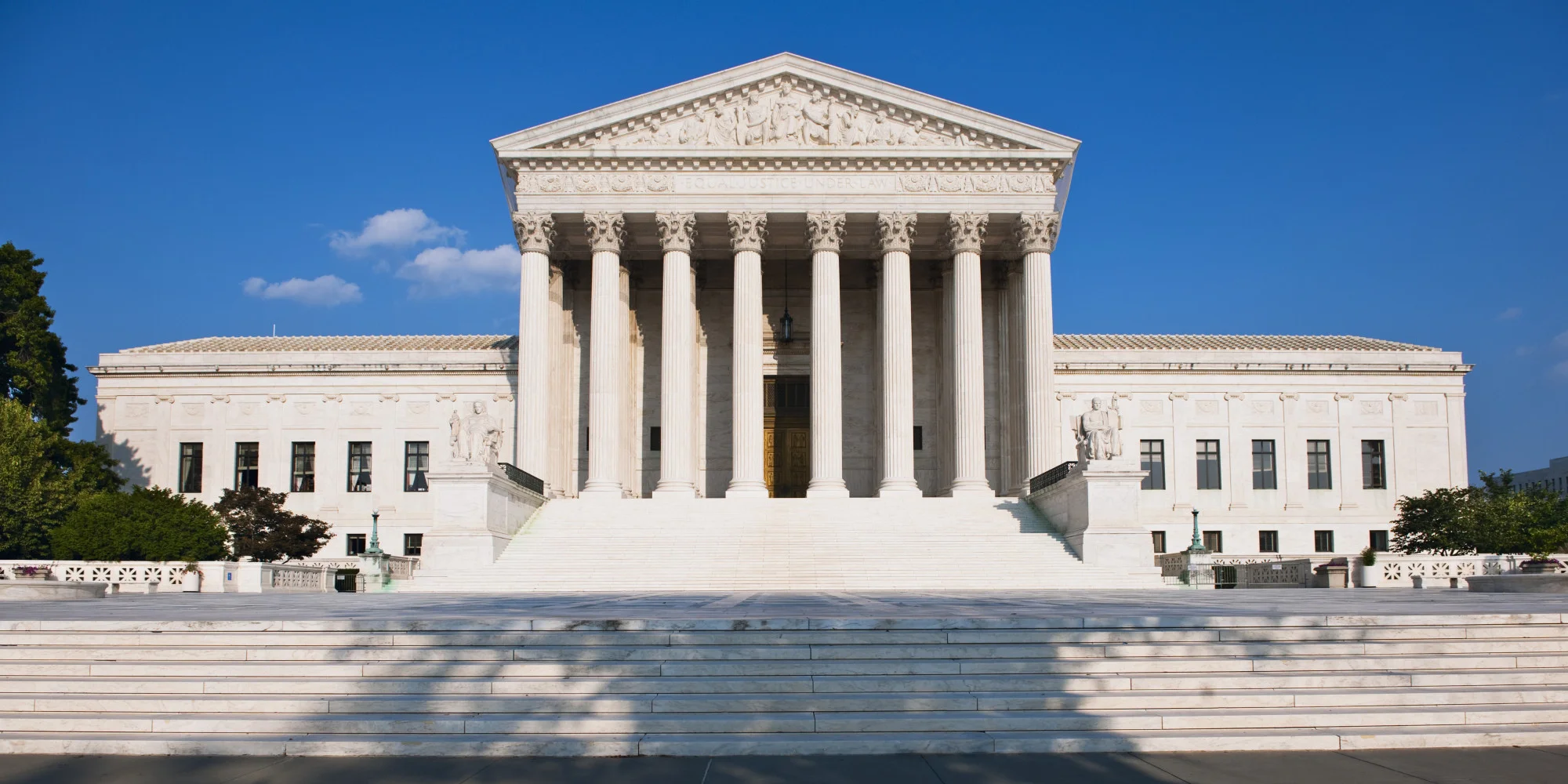A case involving the education which a Colorado school provided to a student
with autism could change the services which all schools must provide to
students with disabilities. The case, Endrew F. v. Douglas County School
District RE-1, 798 F.3d 1329 (10th Cir. 2015), cert. granted, 109 L.Ed 901
(09/29/16) involves a claim by the parents of a student with autism
spectrum disorder that their school district failed to provide their son with
sufficient educational benefits.
Most educators are familiar with the concept that schools must provide
special education students “with a Ford not a Cadillac.” This phrase is
shorthand for a concept which the United States Supreme Court first
developed in 1982. In that case, Board of Education of the Hendrick Hudson
Central School District v. Rowley, 458 U.S. 176 (U.S. 1982), the Court held
that schools do not have to provide special education students with all the
services necessary to maximize their full academic potential. The Court
went on to note that an appropriate education is one that provides "some"
educational benefit to the disabled student.
In recent years, lower courts have struggled to define coherently the correct
standard for judging the education plans of disabled students. Some courts
have continued to hold that schools must only provide “some” education
benefit to disabled students. This is the current standard in the Eighth
Circuit, which covers schools in Nebraska. See K.E. v. Independent Sch.
Dist. No. 15, 647 F.3d 795, 810 (8th Cir. 2011) (requiring "some educational
benefit" and holding that standard was satisfied because child "enjoyed more
than what we would consider slight or de minimis academic progress").
Other courts have adopted a heightened standard, concluding that schools
must offer “meaningful” education benefit. See D.S. ex rel D.S. v. Bayonne
Bd. of Educ., 602 F.3d 553, 556 (3d Cir. 2010).
In the Endrew F. case, a 5 th grade student with autism began to exhibit
severe behavioral issues. He started banging his head, dropping to the
floor, taking off his clothes and fleeing away from the school. The parents
became convinced that the school wasn’t doing enough to help Endrew and
pulled him out of the public elementary school. Instead the family enrolled
Endrew in a private school that specializes in working with autistic children
and sued the school district for the cost of the private school placement.
The U.S. Court of Appeals for the Tenth Circuit held that since the school’s
IEP provided the student with "some educational benefit," the school district
had provided Endrew with a "free, appropriate public education" under the
Individuals with Disabilities Education Act. Therefore, the court rejected the
parents’ tuition claim.
Last month, the US Supreme Court agreed to hear the Endrew F. case. If
the Supreme Court abandons or even slightly increases the Rowley standard,
we will doubtlessly see a wave of litigation across the country from parents
demanding that their disabled children receive significantly more educational
services. This includes additional due process claims with state education
departments like NDE, at a minimum, to start redefining and determining
the scope of a new legal standard.
However, given the tight state and federal budgets, it is doubtful that
schools would see an increase in the resources they are allowed to use to
meet the increased obligation. In fact, the federal government only funds
special education at less than 50% of the promise in the law. A change in
the legal standard will have no bearing on funding from Congress.
The date for oral argument in this case has not yet been set, and there is
little doubt the presidential race and eventual Supreme Court composition
may significantly impact its ultimate resolution. For the time being, schools
can do little more than carefully track what happens in this case. However,
schools should brace themselves for the possibility that this case could be a
significant change in the services that we provided to special education
students.
If you have questions about the level of education benefit which must be
provided to special education students or about special education issues
generally, you should consult with your school district’s attorney or call
Karen, Steve, or Bobby.

